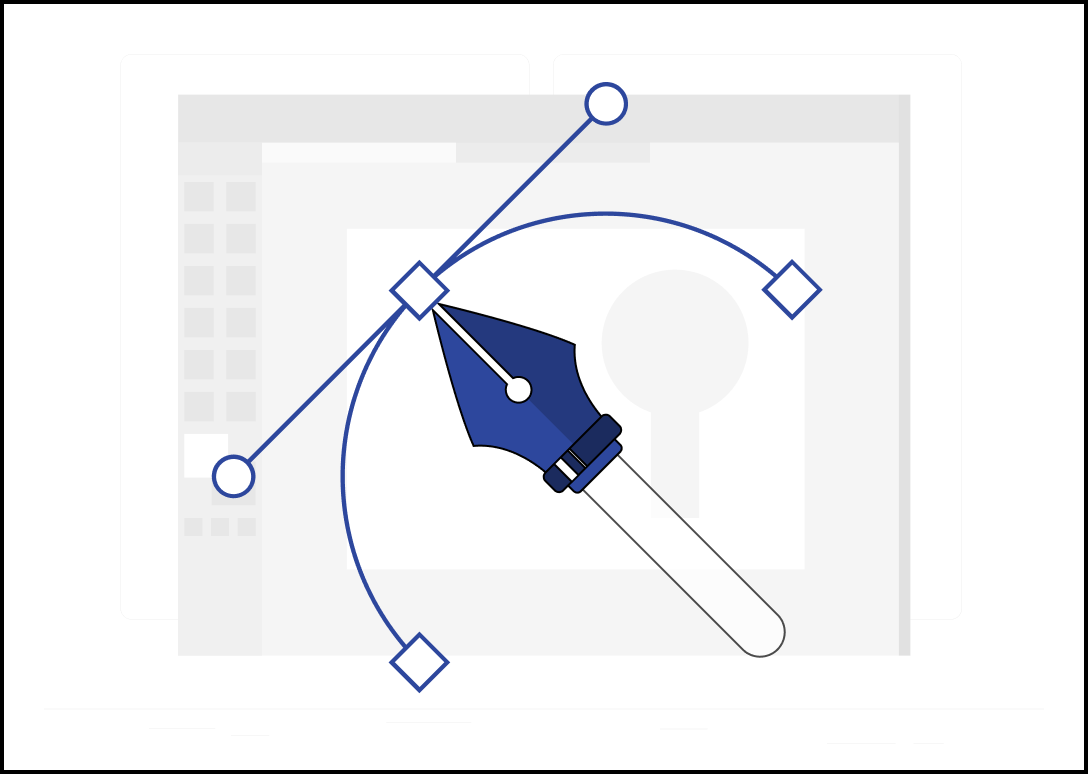How to Edit and Revise an Essay

Editing an essay is a strange kind of dance—part creative, part surgical. There’s the thrill of cutting unnecessary words, like trimming a bonsai tree, and the agony of realizing a whole section just doesn’t work. It’s a process that requires both distance and intimacy with your writing. If you’ve ever wondered how professional essay editors approach this, let me walk you through my experience.
Start by Stepping Back
The first rule of editing? Don’t dive in immediately after writing. I’m serious. Your brain needs space to forget the exact wording so you can see your essay with fresh eyes. Stephen King once said, “To write is human, to edit is divine.” And while I’m no Stephen King, I’ve learned that stepping away is the first step toward divinity—or at least clarity.
When I work on essays for friends or clients, I recommend waiting at least 24 hours before diving into revisions. This buffer helps you detach emotionally from your words.
Read It Aloud
One of the most underrated tools for editing is your own voice. Reading aloud forces you to experience the rhythm of your sentences. Are they clunky? Too long? Missing commas? When I’m editing for myself or using an essay editing service, I’ll often read a paragraph and catch errors I’d never notice silently.
You’ll hear repetitions, awkward phrasing, and sentences that feel rushed. Mark Twain once joked that the difference between the right word and almost the right word is the difference between lightning and a lightning bug. Reading aloud helps you find those lightning moments.
Focus on Structure First
If your essay were a building, the structure would be its foundation. And let’s face it: no one wants to live in a house with shaky beams. I start by asking myself, Does this essay flow? Is there a clear introduction, body, and conclusion? Are the transitions smooth?
Here’s a quick trick: Outline your essay after it’s written. Yes, after. Write down the main idea of each paragraph. If you can’t easily summarize one, it might mean that paragraph needs revising.
Kill Your Darlings
This phrase is attributed to William Faulkner, and it’s brutal but necessary. Sometimes, a sentence or paragraph might be beautifully written but completely irrelevant. Be ruthless. If it doesn’t serve your essay’s purpose, it has to go.
I’ve seen essay editors flag entire sections as “too off-topic.” It stings, but trust me, cutting fluff makes your core ideas shine.
Fix Grammar and Punctuation (But Don’t Obsess)
Let’s be honest: grammar can be boring. But it’s also the invisible glue that holds your writing together. I use tools like Grammarly or Hemingway Editor to catch obvious mistakes. That said, don’t let perfect grammar overshadow your voice. Sometimes, a sentence fragment or a colloquial tone works better than textbook correctness.
Get a Second Opinion
Even the best writers need feedback. I’ve worked with essay editing services before, and the second set of eyes always improves my work. When choosing an editor, make sure they understand your goals and voice. A good editor won’t just correct errors; they’ll enhance what you’re trying to say.
If hiring a professional isn’t an option, ask a friend who’s a strong writer. Be specific about the kind of feedback you’re looking for. Do you want help with flow? Grammar? Clarity?
Common Mistakes to Avoid
- Overediting: It’s easy to fall into the trap of tweaking endlessly. At some point, you have to let go.
- Ignoring the Prompt: If your essay doesn’t answer the prompt directly, no amount of editing will save it.
- Overloading Fancy Words: Admissions officers or professors can tell when you’re trying too hard. Keep it simple.
- Skipping the Conclusion: A weak ending can leave a bad taste. Make sure your conclusion ties everything together.
When to Use an Essay Editing Service
Sometimes, you just don’t have the bandwidth to edit thoroughly. That’s when an essay editing service can be a lifesaver. These professionals have the distance and expertise to elevate your work without compromising your voice. Services like these often catch the subtle flaws—like inconsistent tone or weak transitions—that you might overlook.
Revising Versus Editing: What’s the Difference?
Here’s a distinction not enough people talk about. Revising is about the big picture—restructuring, rethinking, and sometimes rewriting entire sections. Editing, on the other hand, focuses on details like grammar and punctuation. Both are necessary, but they require different mindsets. Revision is creative; editing is meticulous.
A Quick Revision Checklist
- Does your introduction grab attention?
- Is the thesis clear and specific?
- Do the body paragraphs support the thesis?
- Are transitions smooth?
- Is the conclusion memorable?
Final Thoughts
Editing is a skill—one that gets better with practice. Whether you’re working on a personal statement, an academic paper, or even a blog post, the process of revising and refining your work is what separates decent writing from great writing. Don’t rush it. Embrace the messiness of revision and trust that the final product will be worth it.
And if you’re ever feeling stuck, remember: even the best writers have editors. No one does it alone.

